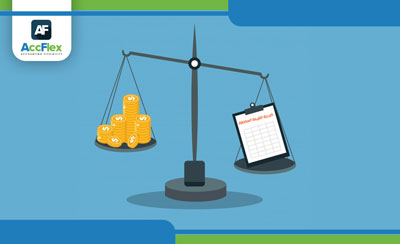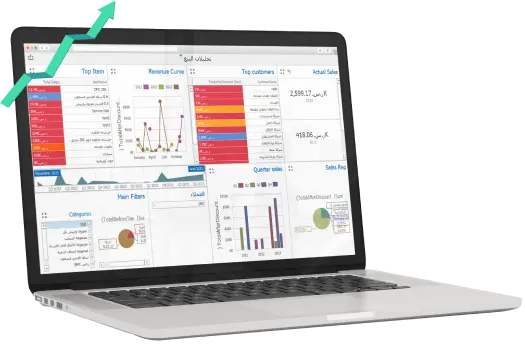How can you present an accurate tax return if you work on installment sales ? What is the allowed period to form a tax bill after supplying goods ? How to make an adjustment in your tax return if the client refused to pay an accrued installment which tax has already been paid ?
Initially you should know that the Saudi law of value added tax is based on cash more than receipts . In most cases cash is more important than accruals . For example , if you issued a tax bill of one million SAR .Then you have to pay for the Zakat and Income Authority a value added tax of 5% of this bill value . If the payment is in installments , you will pay for the authority a tax that you didn’t receive from the client . So the value added tax law allows an alternative tax adjustment through which you can pay for the Zakat and Income Authority a tax of the received installments only .
What is the Alternative tax adjustment ?
As a seller using installments sales system , you have to record the accrued tax according to the value of the installment you’ll receive from the client . Namely that if the bill is for 100 thousands SAR divided on 10 months , in every month you are going to record the accrual of value added tax of 5% of the installment ( 500 riyal ) and pay it for the Authority and it is included in the tax return as a sales item in the general ledger .
To avoid any troubles on tax auditing, it is better to :
- Include the installment plan in a contract to clarify the value and date of each installment and sign it with the client .
- In the payment receipt , you have to state details of the received amount ( which installment )
- The bill must be issued maximally one day .
after selling the product .
- If there are any installment interests , you should state them in a separate item in the bill and the contract , apart from the ordinary selling price . This is because any auditing may approve the installment prices, not the ordinary ones .
What to do if the client didn’t pay the accrued installments ?
So far the law is very fair that it allowed the payment of the tax according to the value of the received installment only . Therefore I won’t pay any tax for the unpaid installments even if the accrual date has come.
Moreover if you already recorded a tax accrual and paid it to the Zakat and Income Authority , you could restore it again provided that the tax return was presented more than one year before . Also the auditing accountant gives you a certificate that proves your right to restore the tax and that there are written off debts . Suppose that the Installments Sales are more than 100000 riyal , then you must follow the legal procedures first with the client to collect the debt and after that deduct it from the tax return .Installment selling is not an easy decision to make and it involves a great risk , so you must make it on a right analysis and an accurate estimation of your client’s credit and previous deals with him .
ACCFLEX ERP systems for the greatest and most recent accounting software , present a comprehensive accounting and tax treatment for all installment sales processes . Starting from installment plans with the client and recording the accrual of value added tax on each installment according to the payment plan .
Accounting instructions are automated on the approval of the installments beginning with client’s accrual of payments and revenue disclosure , then receipts follow up until the client pays the last installment and closes his account .
Learn about the best accounting software in Egypt and The Middle East from ACCFLEX







